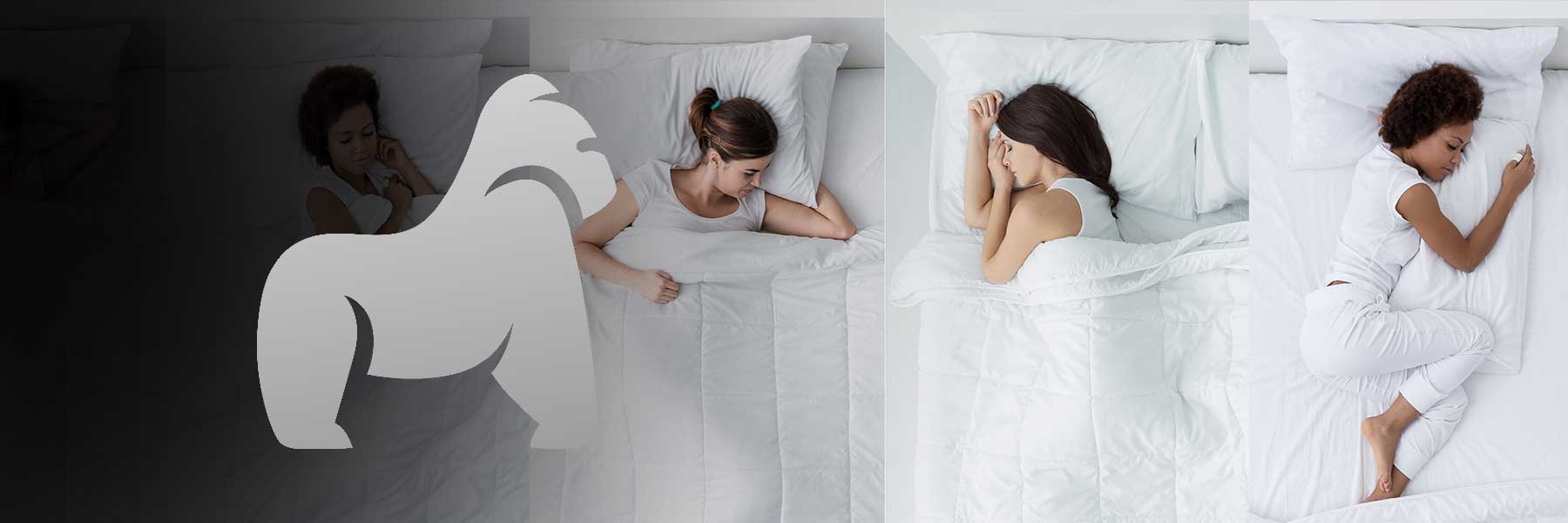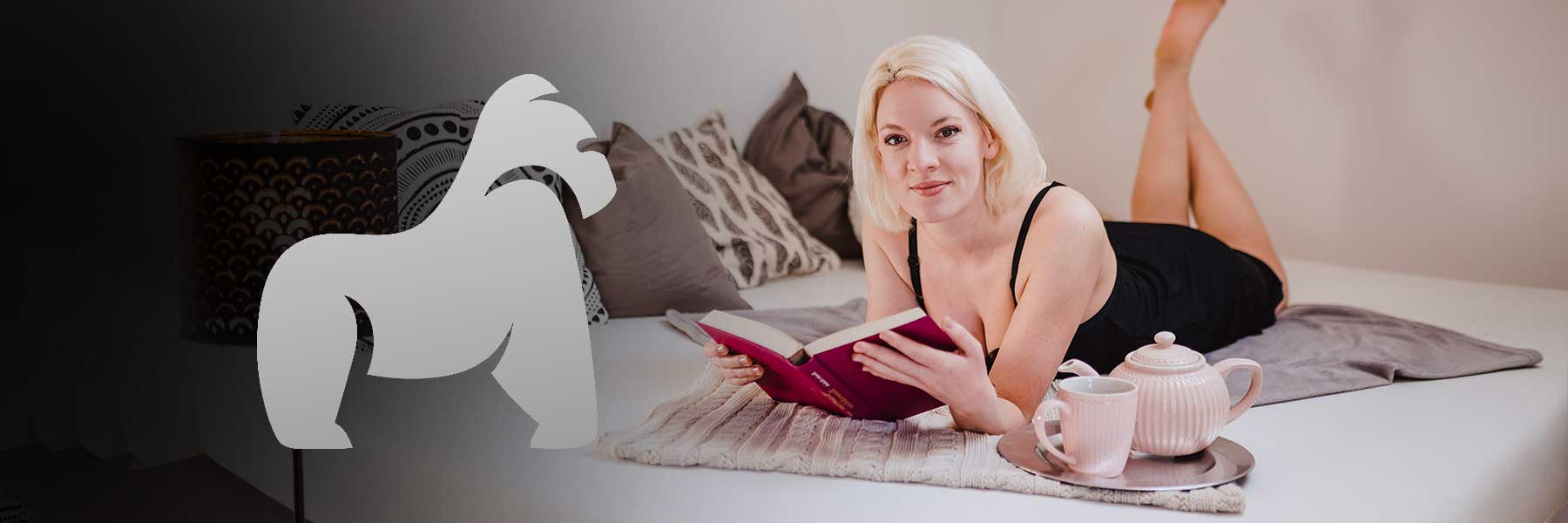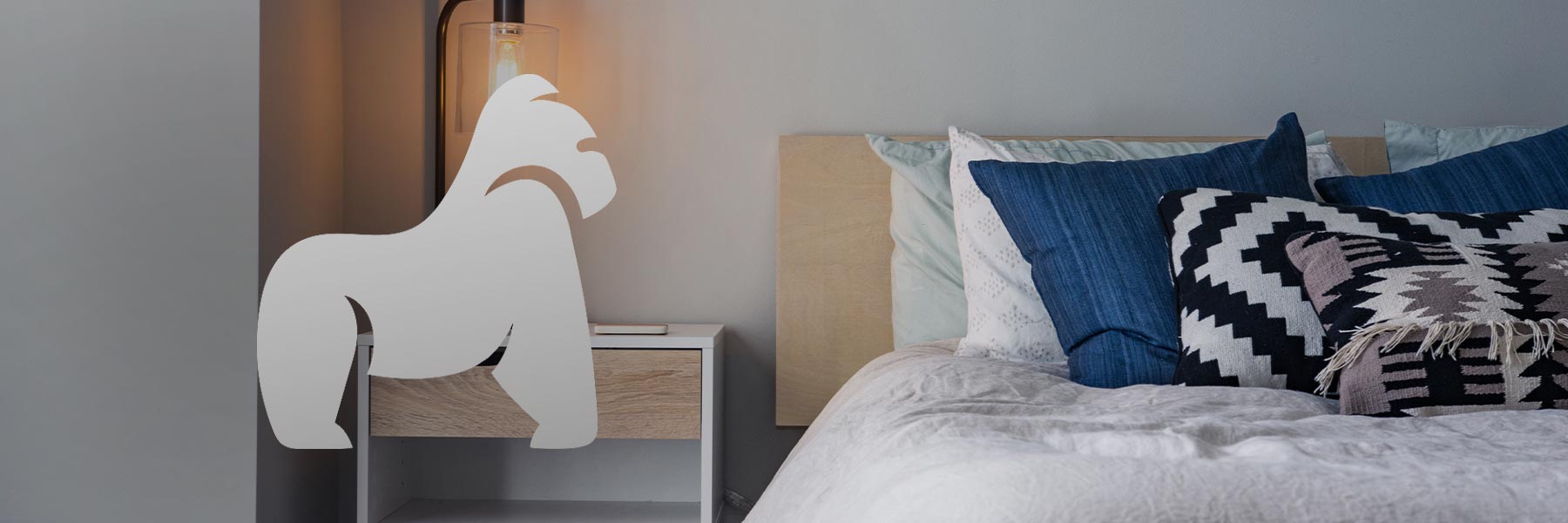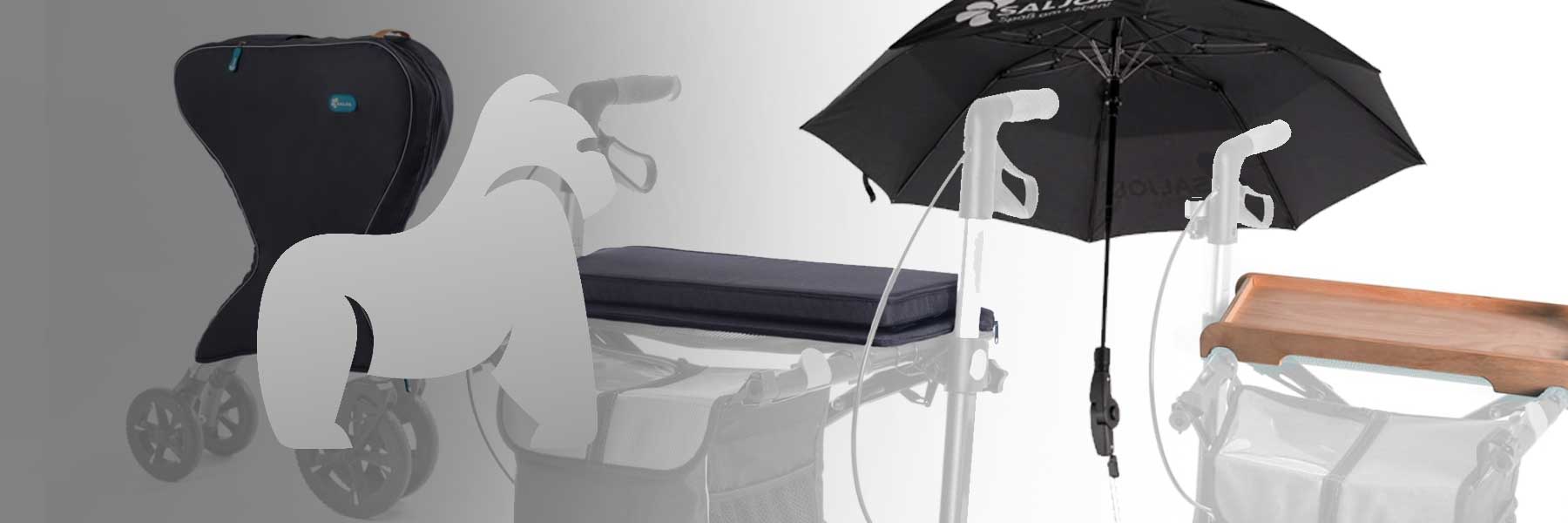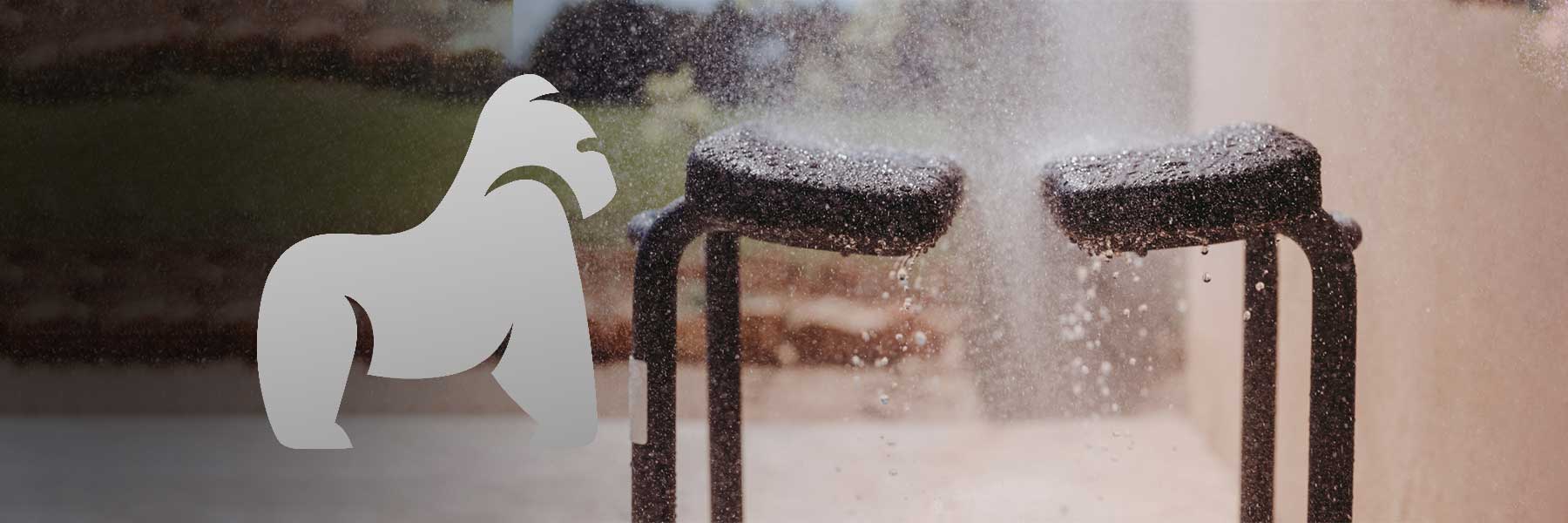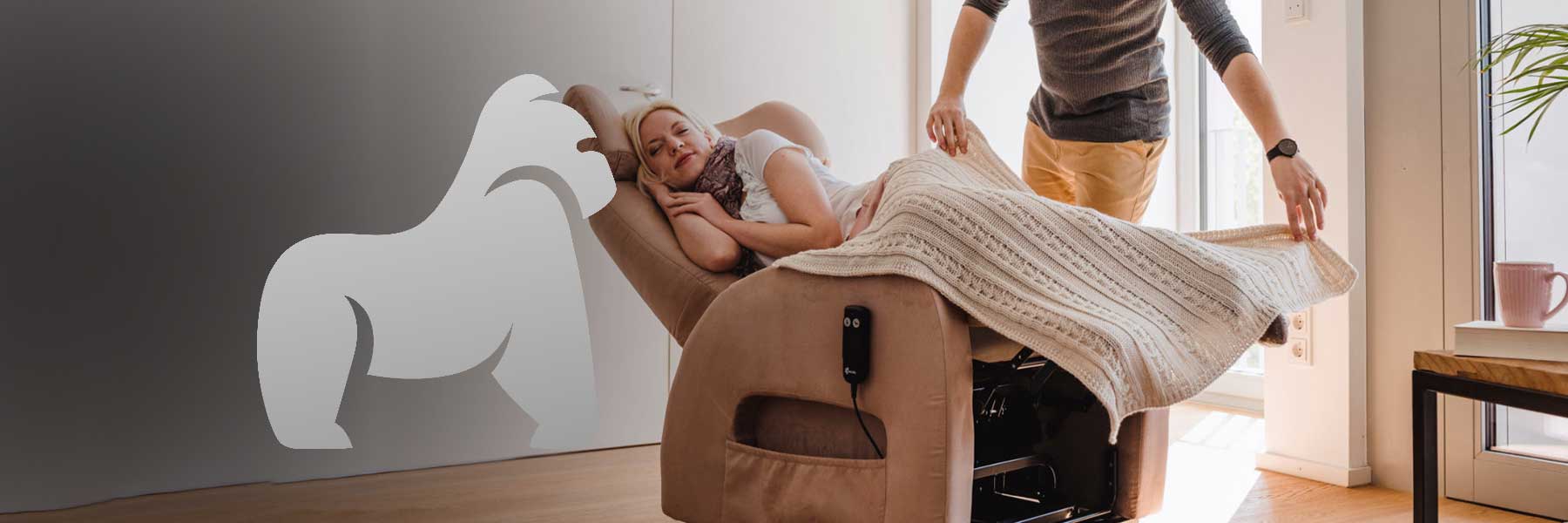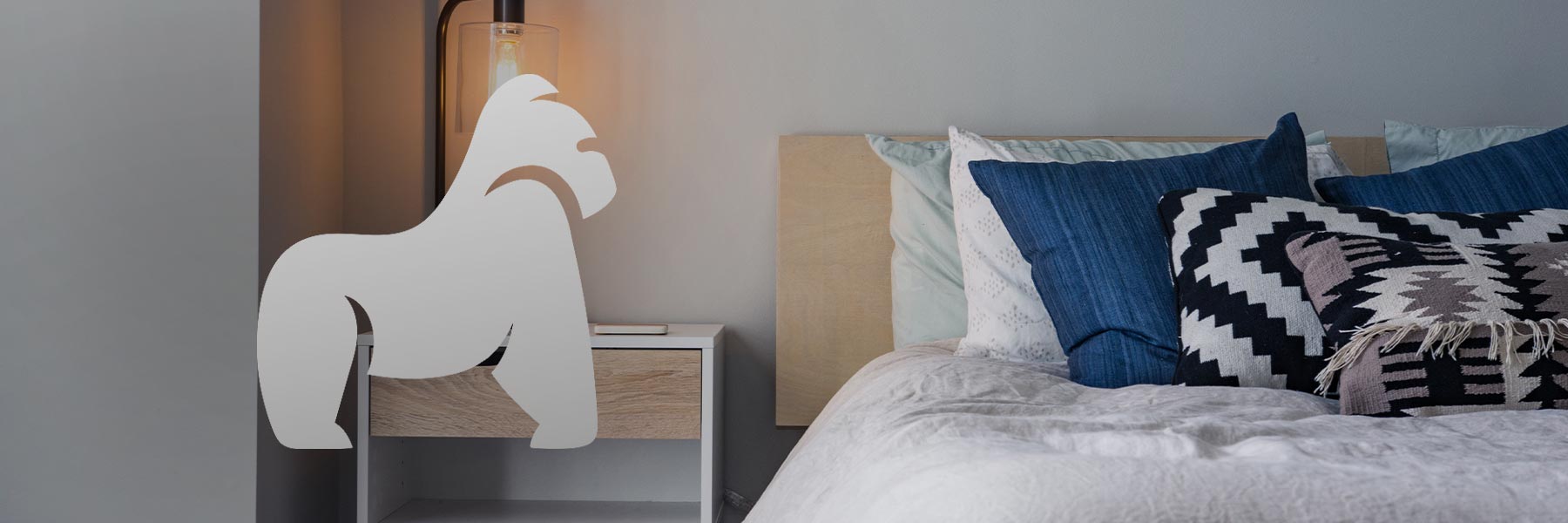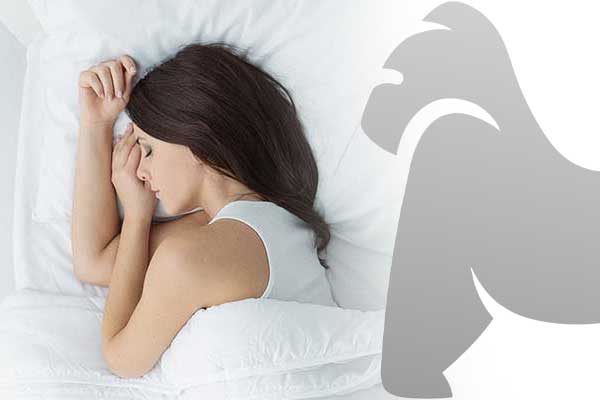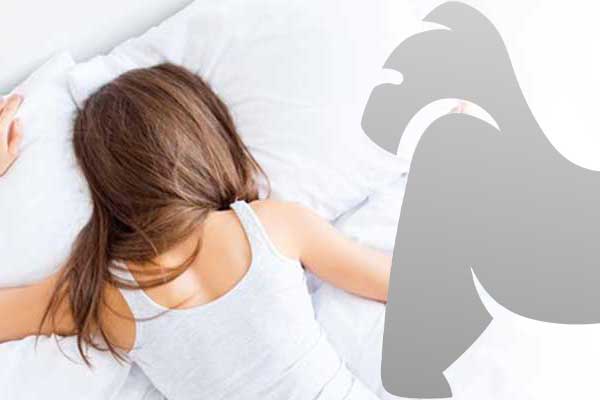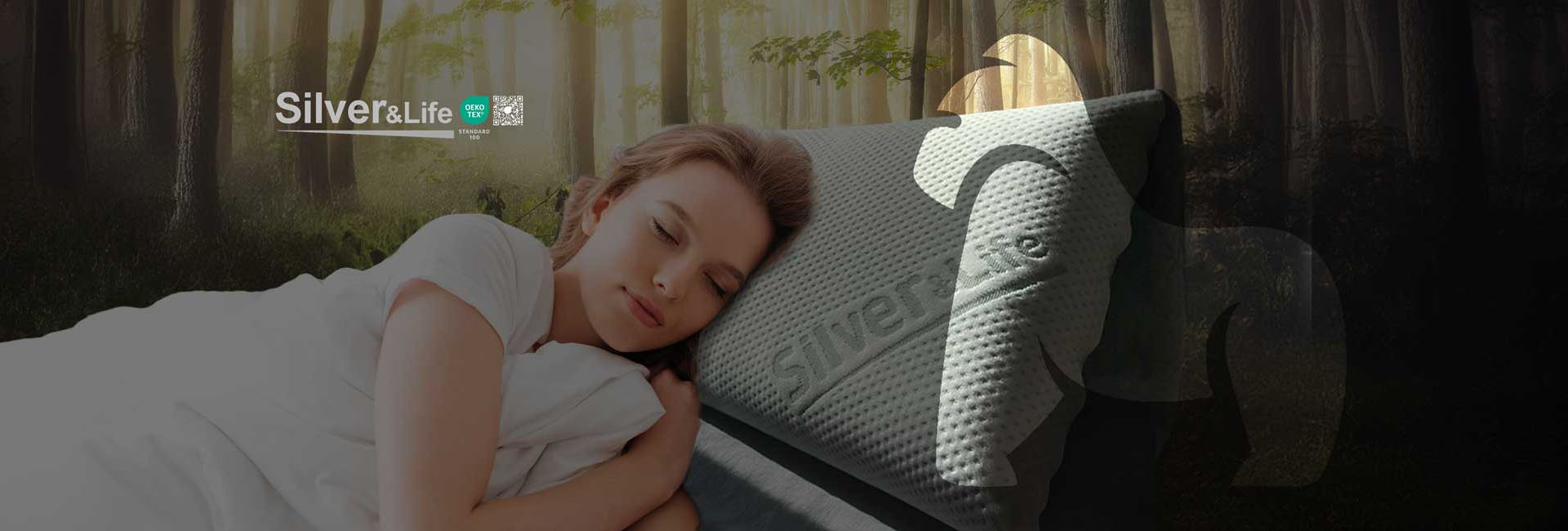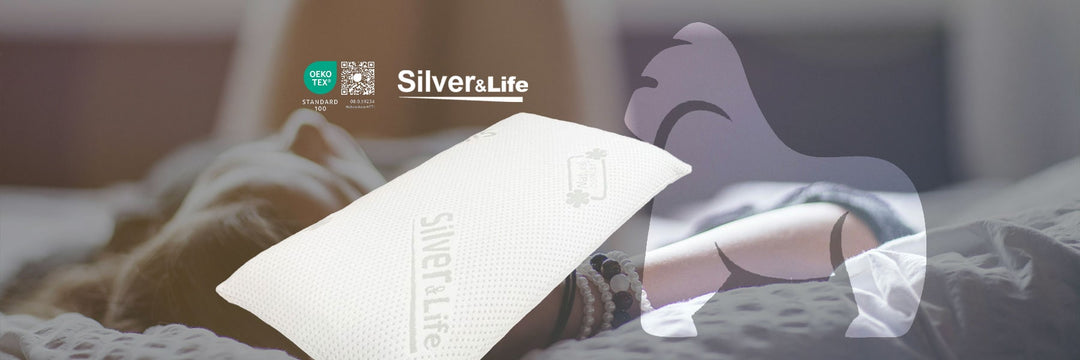
Why do you sometimes wake up with headaches? Gorilla Gesund explains
Headaches are really unpleasant. In most cases, we know why we get headaches and can control the triggers. For example, too much alcohol consumption or too little sleep can both lead to headaches upon waking. But what causes the headaches that torment you in the middle of the night or when waking up in the morning? Sleep should be the time when our bodies and brains rest and recharge, so waking up with headaches for no apparent reason can be extremely frustrating.
Before we address what causes nighttime headaches, let's look at three common types of headaches that occur at night or immediately after waking. Examining the headaches, their location, severity, and other accompanying symptoms can help determine the headache type and identify which treatments may help.
1. Morning headaches
Waking up with a headache is no fun. Morning headaches can range from a dull, throbbing pain to a sharp, stabbing pain or a feeling of tightness in the head. Types of morning headaches range from migraine to tension and occur immediately upon waking or shortly thereafter.
2. Hypnic headaches
Hypnic headaches, sometimes called "alarm clock" headaches, are rare and affect less than 1% of people. They occur during sleep, which distinguishes them from migraines or cluster headaches that can happen at any time of day or night. Like the nightmare they are, only hypnic headaches are brave enough to occur only at night.
Common symptoms of hypnic headaches are dull or throbbing pain affecting one or both sides of the head, multiple nighttime awakenings due to headaches several times a month, nausea, sensitivity to light or sounds, or watery eyes or runny nose.
3. Cluster Headaches
Cluster headaches are characterized by intense throbbing pain in the eye, around the eye, or behind the eye and can last from 20 minutes up to three hours. These headaches can also cause the eyelid to droop, redness or tearing, or swelling of the nostril on the side where the pain occurs. Cluster headaches can happen at any time, even during sleep. When this happens, an attack usually occurs within an hour after falling asleep, and the pain is severe.
The Top 6 Main Causes of Headaches During Sleep
All three of these headaches can occur during sleep and undoubtedly impair your sleep quality. If you have any of these symptoms or simply wonder: "Why do I get headaches when I wake up?" – there are probably several reasons to consider, such as the following 6 culprits for sleep headaches.
1. Sleep Disorder Due to Insomnia
Studies have shown that sleep disorders and headache disorders share common brain structures and pathogenic mechanisms, causing tension headaches, migraines, and sleep disorders to often occur together – for example, 50% of people with tension headaches or migraines have sleep disorders.
2. Sleep Apnea
Sleep apnea occurs when you stop breathing briefly during the night. Naturally, our body does not respond well to any kind of suffocation, and it can lead to a throbbing headache in the morning. Headaches related to sleep apnea usually present as a pressing pain on both sides of the head rather than the pulsating pain typically associated with migraines or hypnic headaches.
3. Emotional Factors
Sleep headaches can arise from emotional reasons, such as stress in the form of worries and fatigue – both of which can disrupt sleep and trigger headaches. Tension headaches can occur, for example, if you go through a stressful day without giving your body the chance to rest and recover. If you think emotional reactions are sabotaging your sleep quality, try exercise or meditation to manage the stress.
4. Behavioral Factors
Unfortunately, we can often be our own worst enemies. If you wonder what causes morning headaches, it's worth taking a closer look at your habits during the day and before going to bed. For example, we recently talked about the phenomenon of "revenge bedtime procrastination," where people stay awake longer than desired to regain control over the night because they have (perhaps subconsciously) caused themselves to lose influence over the day's events.
5. Incorrect sleeping position
What about your sleeping position—can sleeping incorrectly cause morning headaches? The short answer is yes; certain sleeping positions can put unnecessary pressure on the neck and shoulders, leading to tension headaches. If you suspect this might be the cause, try different sleeping positions, a new neck pillow, or a different mattress with more or less support.
6. Mysterious causes
Despite increasing research into the mysteries of sleep and sleep-related disorders, there are still phenomena that science cannot really explain, such as hypnic headaches and exploding head syndrome. We have already discussed hypnic headaches and noted how rare they are. Another rare and mysterious sleep troublemaker is exploding head syndrome (yes, you read that right).
This parasomnia (i.e., an unwanted event that occurs during sleep) happens when a thunderous noise wakes you from sleep. People usually describe this noise as a loud bang, a clashing of cymbals, or an explosion. Those affected have also described flashes of light or muscle twitches accompanying the noise. Although exploding head syndrome is distressing, it is usually painless. However, some report a sudden stabbing pain in the head that accompanies it.
All in all, sleep headaches are common and triggered by many emotional, physical, environmental, and mysterious factors. Science simply doesn't have all the answers yet—at least not yet. However, if you're looking for ways to relieve headaches caused by sleep, we recommend starting with good sleep hygiene.
Our website also offers a wealth of information and resources about sleep and how to master it. However, if you take the right steps to get a restful night and still wake up with headaches, it's time to contact your healthcare provider for further assistance.





